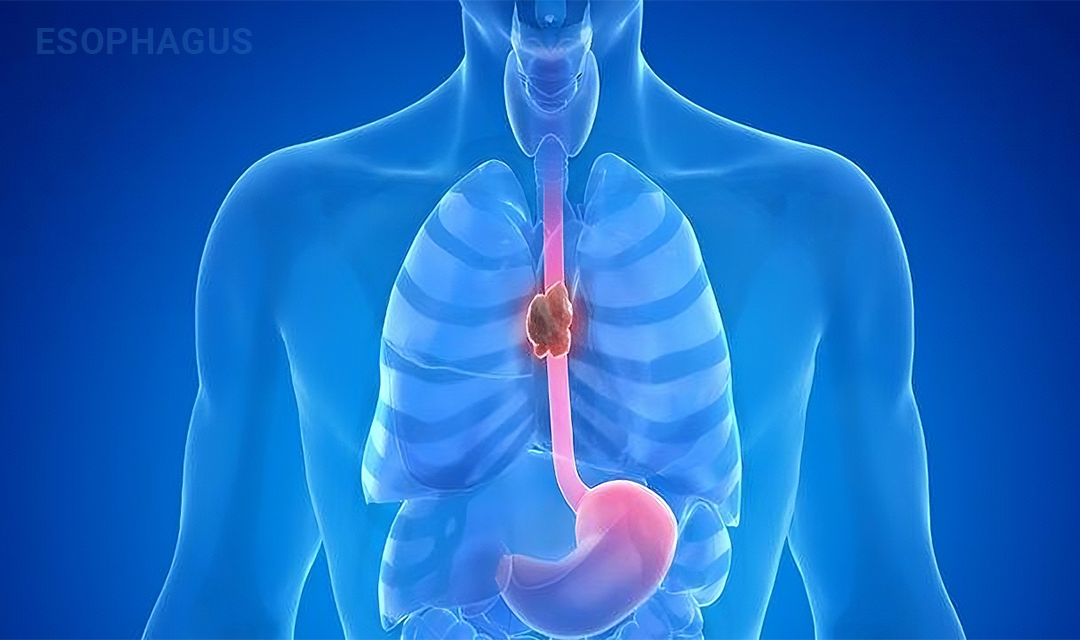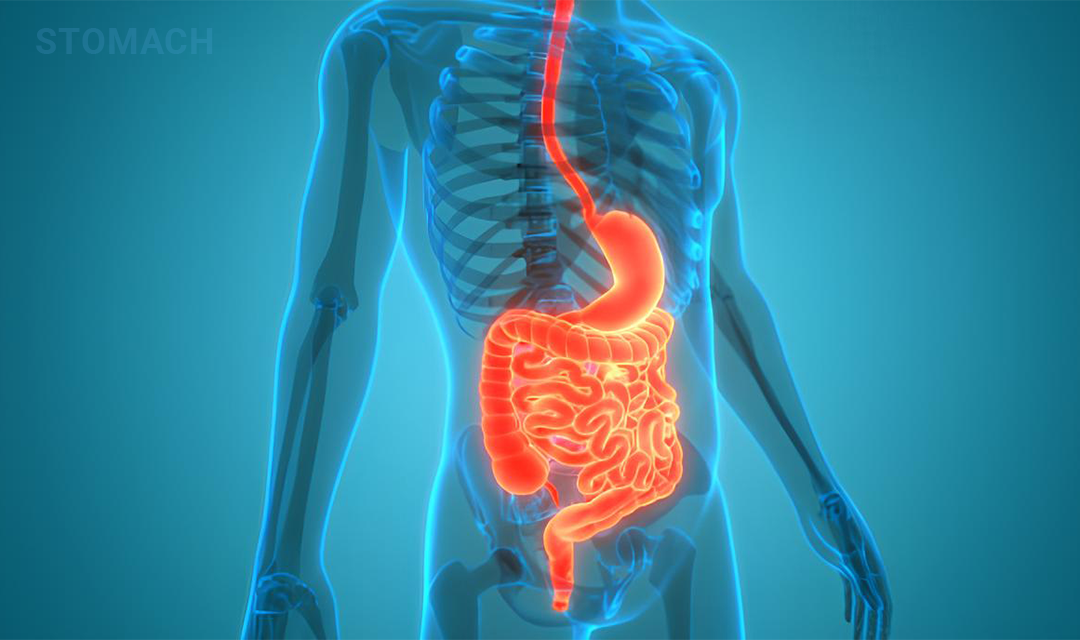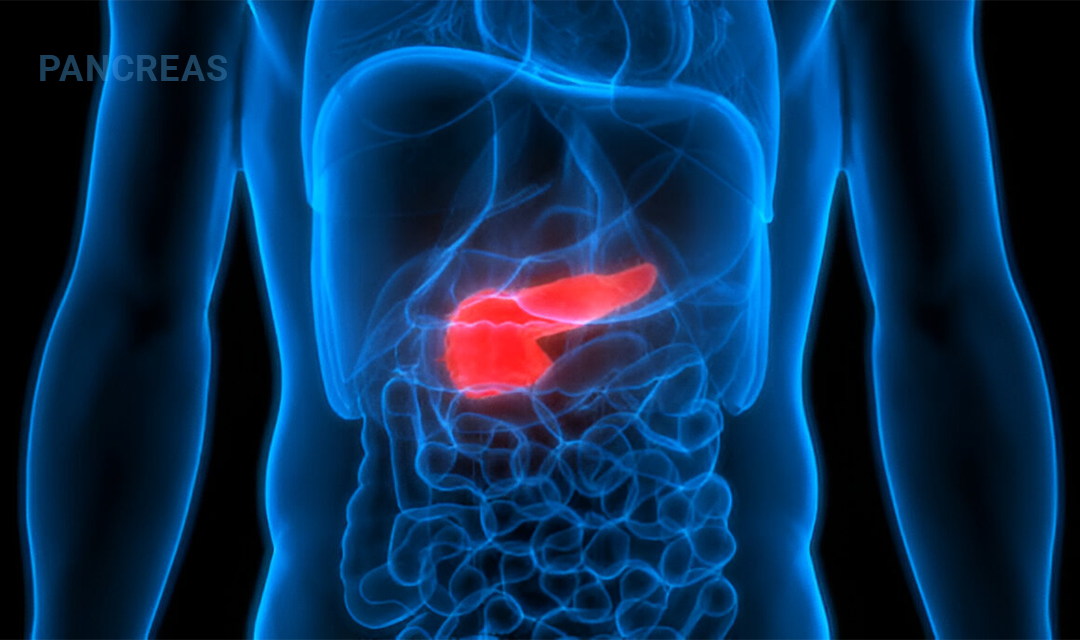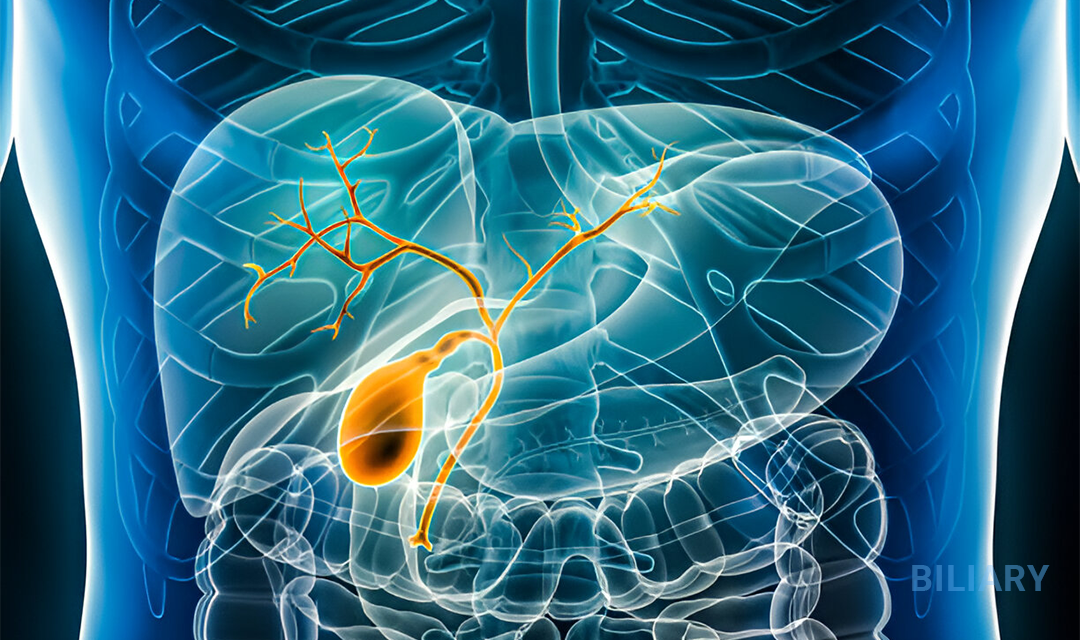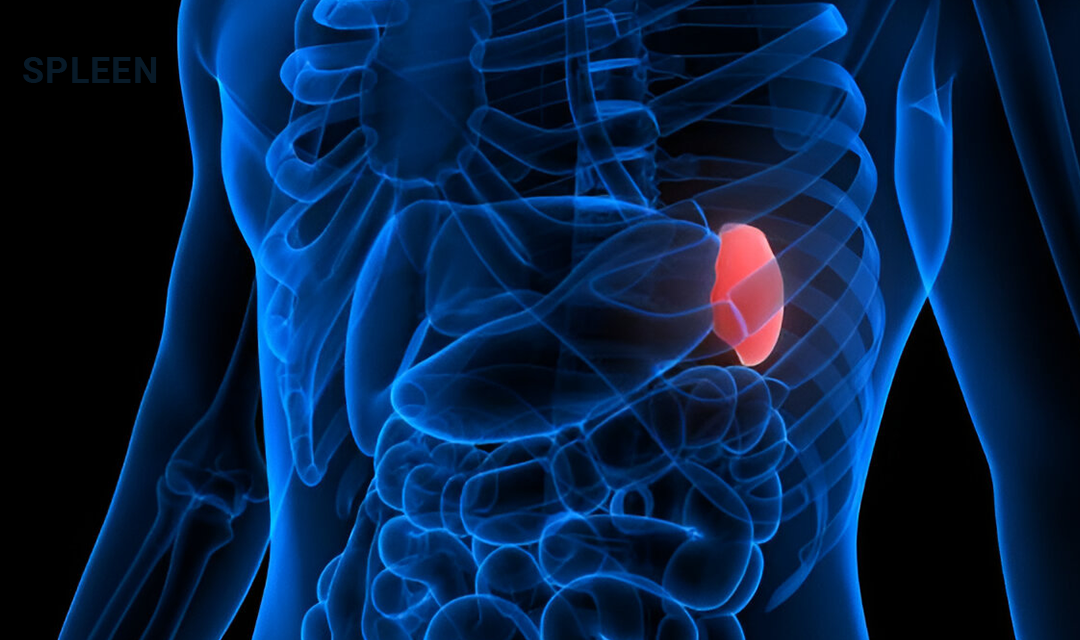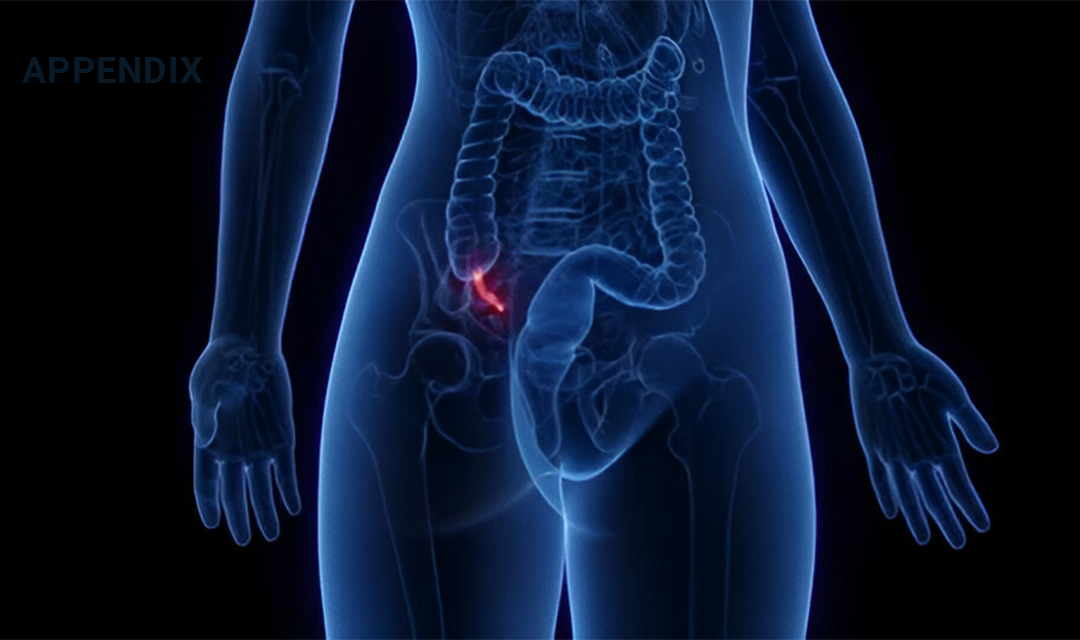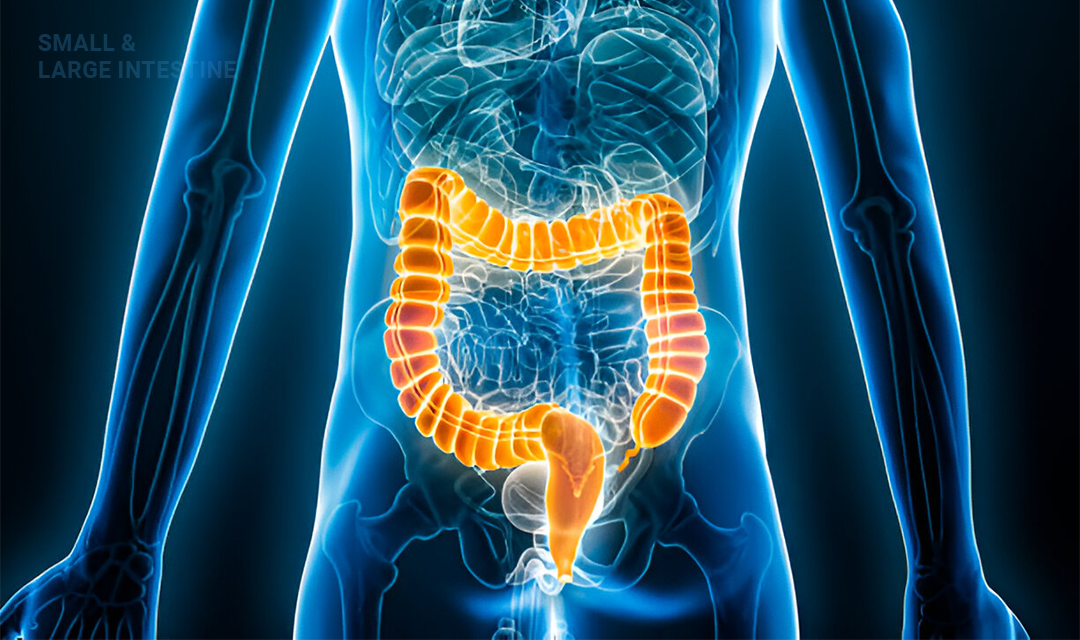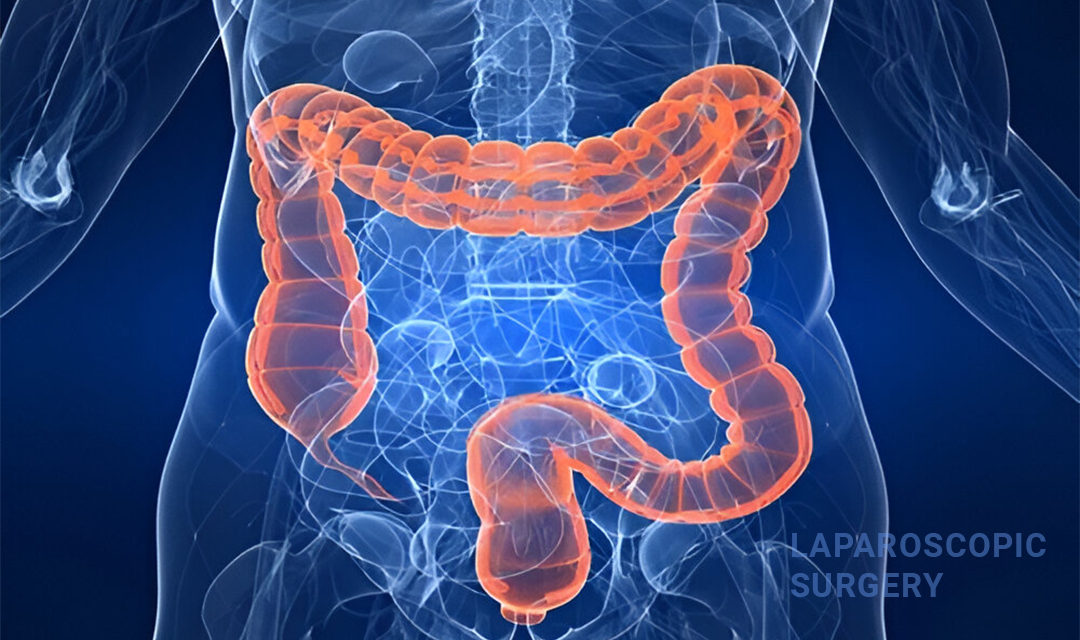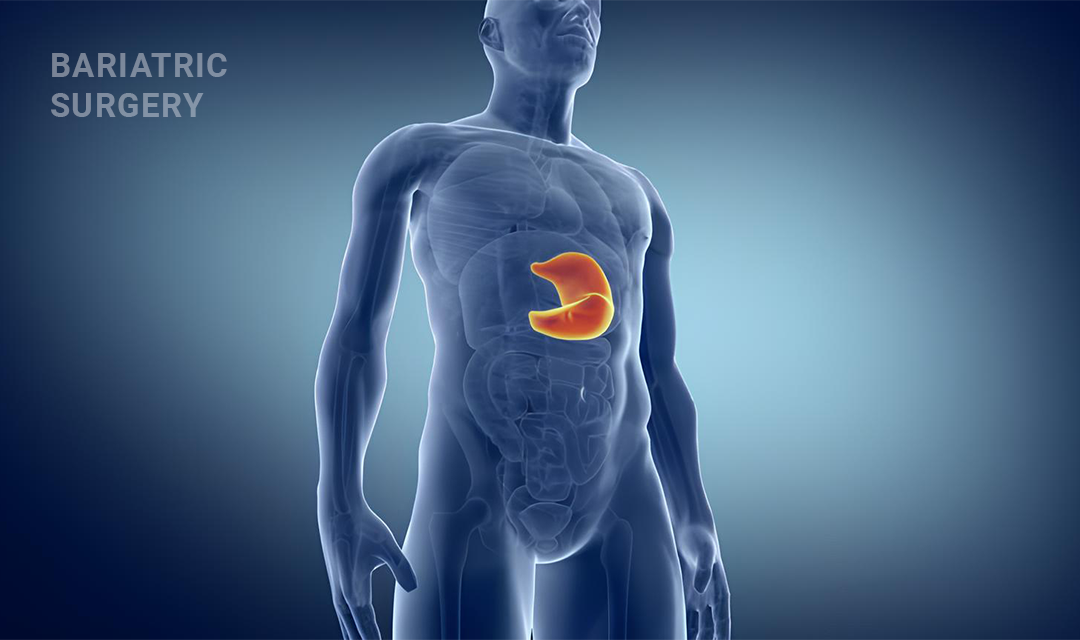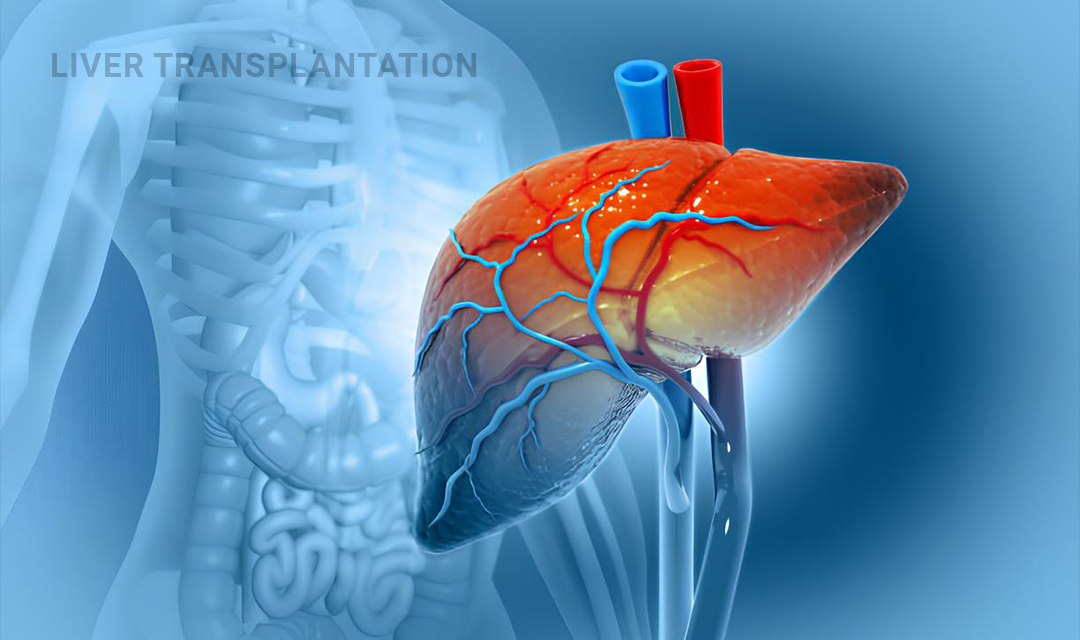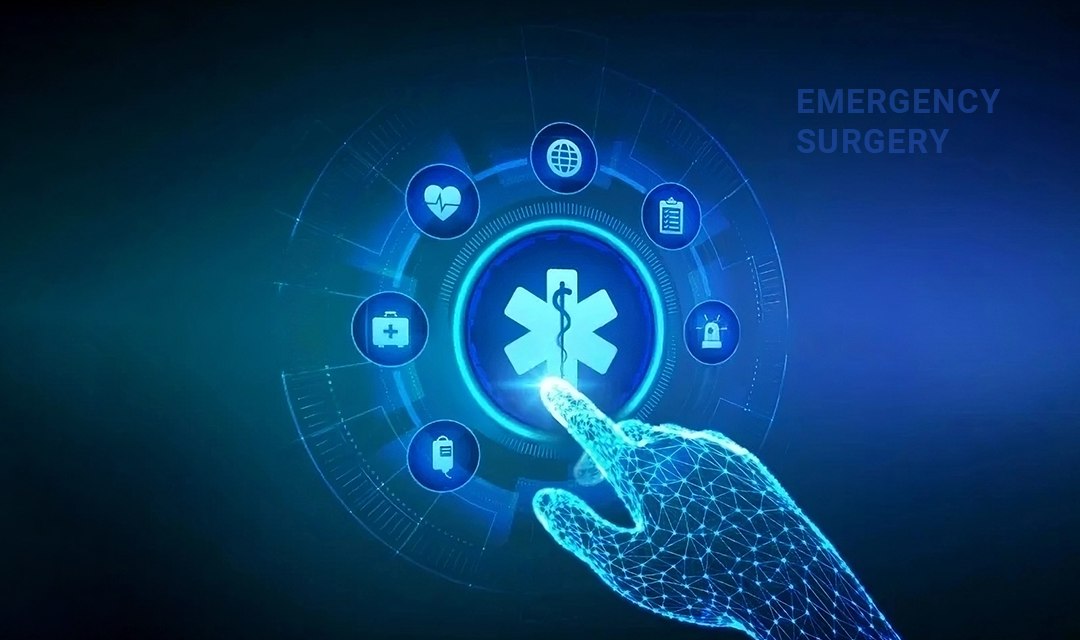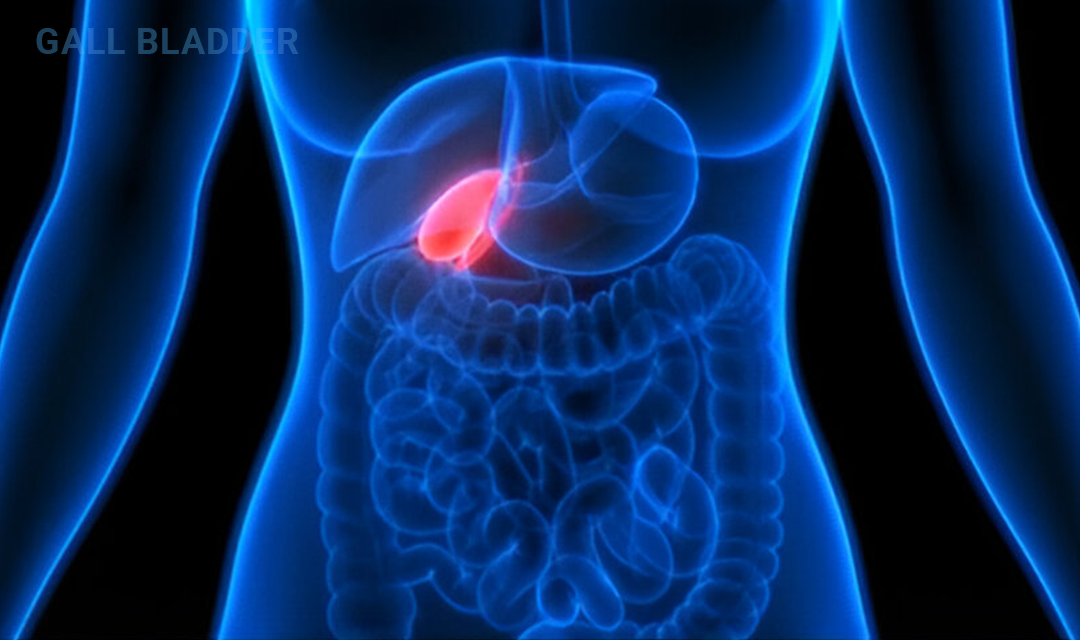
Gallbladder Surgery in Guntur: Expert Care by Dr. Varun Palanati
What is the Gallbladder?
The gallbladder, a small pear-shaped organ located under the liver, plays an essential role in digestion by storing and concentrating bile—a digestive fluid that helps break down fats. While the gallbladder’s role is crucial, it is also prone to certain issues that can cause discomfort and serious complications. This guide explores gallbladder function, symptoms of problems, treatments, and when surgery may be necessary.
Understanding the Gallbladder and How It Works
The gallbladder works alongside the liver and digestive system to ensure fats are efficiently digested:
- Bile Storage: The gallbladder stores bile produced by the liver.
- Bile Concentration: As the gallbladder absorbs water and electrolytes, the bile becomes more concentrated, making it effective in fat digestion.
- Bile Release: During meals, especially those rich in fats, the gallbladder releases bile into the small intestine to aid in digestion.
Symptoms of Gallbladder Problems
Gallbladder issues often manifest through symptoms such as:
- Abdominal Pain: Sharp or cramping pain in the upper right abdomen, which may radiate to the back or shoulder.
- Nausea and Vomiting: Often accompany gallbladder attacks.
- Jaundice: Yellowing of the skin and eyes, typically caused by a blocked bile duct.
- Bloating and Gas: A sensation of fullness or discomfort in the abdomen.
- Fever and Chills: Signs of inflammation or infection.
Causes of Gallbladder Problems
Several conditions can affect gallbladder health, including:
- Gallstones (Cholelithiasis): Hard deposits of cholesterol or bilirubin that block the flow of bile, causing pain and inflammation.
- Cholecystitis: Inflammation of the gallbladder, often due to a blocked cystic duct.
- Choledocholithiasis: Gallstones blocking the common bile duct, potentially causing jaundice or pancreatitis.
- Gallbladder Cancer: A rare but serious condition that shares symptoms with other gallbladder disorders.
- Biliary Dyskinesia: Poor gallbladder function, causing digestive discomfort even without gallstones.

“Dr. Varun is highly skilled in performing gallbladder surgeries, providing exceptional care and relief for patients suffering from gallstones and gallbladder disorders in Guntur.”
Home Remedies to Avoid Gallbladder Complications
While some gallbladder issues may require medical treatment, adopting healthy habits can reduce the risk of complications:
- Maintain a Healthy Diet
- Low-Fat Foods: Avoid fatty, fried, and processed foods to reduce strain on the gallbladder.
- High-Fiber Diet: Incorporate whole grains, fruits, and vegetables to support healthy digestion.
- Stay Hydrated: Drink plenty of water to aid bile flow and prevent gallstone formation.
- Gradual Weight Loss
- Losing weight too quickly: Can increase the risk of gallstones. Aim for a slow and steady weight loss plan if needed.
- Use Natural Remedies
- Lemon Water: Helps stimulate bile production and supports liver function.
- Turmeric: Contains anti-inflammatory properties and may support bile health.
- Apple Cider Vinegar: Mixed with water, it may help manage gallbladder discomfort.
- Regular Exercise
- Physical Activity: Promotes healthy digestion and reduces the risk of gallstone formation.
When to See a Doctor
It’s important to consult a doctor if you experience:
- Persistent or severe abdominal pain, especially in the upper right area.
- Fever, chills, or signs of infection.
- Jaundice (yellowing of the skin or eyes).
- Nausea or vomiting that doesn’t improve.
- Symptoms that worsen or don’t improve with dietary changes or over-the-counter remedies.
Treatment Options for Gallbladder Problems
-
Medications:
- Pain Relievers: To manage discomfort during gallbladder attacks.
- Gallstone-Dissolving Medications: Such as ursodeoxycholic acid, though these are only used in specific cases.
-
Lifestyle Changes:
- Adopt a low-fat, high-fiber diet to reduce strain on the gallbladder.
- Avoid skipping meals, as irregular eating patterns can worsen gallbladder issues.
-
Endoscopic Procedures:
- ERCP (Endoscopic Retrograde Cholangiopancreatography): A minimally invasive procedure to remove stones from bile ducts or insert stents to relieve obstructions.
-
Surgery:
- Cholecystectomy: The surgical removal of the gallbladder, often done laparoscopically for a minimally invasive approach.
- This surgery is typically recommended for recurring gallstones, severe inflammation, or complications like blocked bile ducts.
When Is Surgery Necessary?
Surgery may be required if:
- Gallstones cause frequent or severe pain, inflammation, or infection.
- The gallbladder is severely inflamed or infected (acute cholecystitis).
- Gallstones block the common bile duct, leading to jaundice or pancreatitis.
- Non-surgical treatments fail to relieve symptoms or manage the condition.
Frequently Asked Questions (FAQs)
A Patient’s Experience

“Dr. Varun is highly skilled in performing gallbladder surgeries, providing exceptional care and relief for patients suffering from gallstones and gallbladder disorders in Guntur.”
- Arjun Patel
- Relieved Patient

“After struggling with gallbladder issues for years, Dr. Varun’s expertise provided me with the relief I needed. The surgery was seamless, and I’m grateful for his outstanding care.”
- Anita Rao
- Grateful Patient
Conclusion
- Gallbladder health is essential for proper digestion, and early intervention can prevent complications. By adopting a healthy diet, maintaining a balanced lifestyle, and seeking timely medical advice, many gallbladder issues can be managed effectively.
- If symptoms persist or worsen, consult an expert like Dr. Varun Palanati, who offers advanced surgical and non-surgical care for gallbladder conditions in Guntur. His expertise ensures compassionate, personalized treatment, helping patients regain their health and quality of life.
